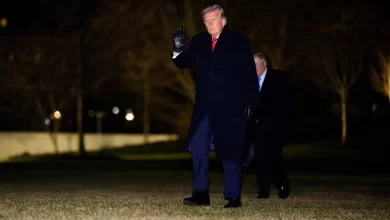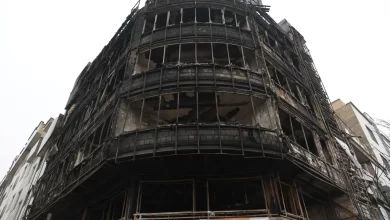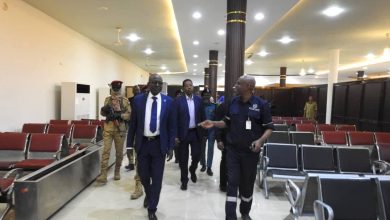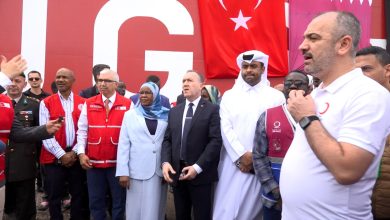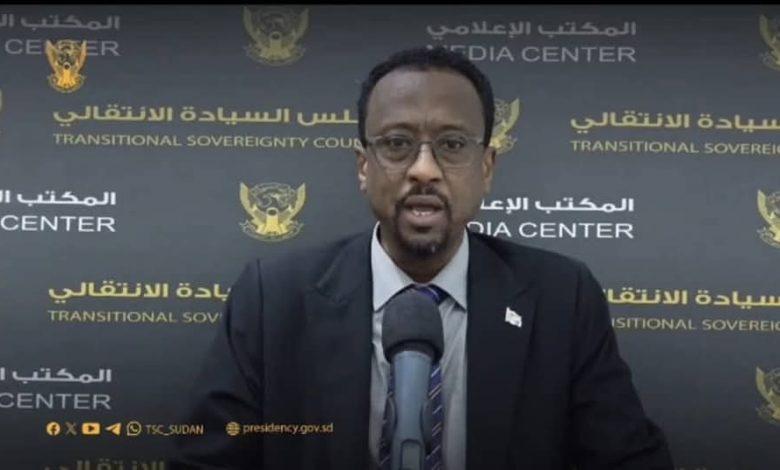
Sudan Events – Reports
Sudanese Minister of Culture and Information, Khaled Al-Eisr, renewed his accusation against the government of the United Arab Emirates of supporting the Rapid Support Forces led by (Hemeti), describing it as a “militia” responsible for the destruction of Sudan and committing severe human rights violations. He emphasized that reconciliation with these forces is not possible “until death or surrender.”
In response to a question regarding UAE’s interference in Sudanese affairs, Al-Eisr confirmed during a press conference held at the Sudanese Embassy in Rabat that the UAE finances the “militia” with money, weapons, and advanced military equipment, including strategic drones “which no militia in history has ever had access to.” He held the UAE responsible for the “bloodshed” in Sudan, stressing that “Sudanese blood is on the neck of the UAE,” and that it bears the moral and political responsibility for the violations committed.
Regarding relations between the two countries, Al-Eisr clarified that Sudan has not initiated any hostility towards the UAE and that Sudanese people contributed to the founding of the UAE, offering “all that is good” to it. He expressed hope that the UAE would remember this, urging what he referred to as the “wise people of the UAE” to intervene to stop the bloodshed in Sudan. He reiterated that the spilling of blood is “a moral and political responsibility of the UAE,” and that Sudan will continue to pursue its complaint against the UAE at the Security Council until the war ends.
Al-Eisr stressed the unity of the government and the people in facing the “scheme to seize Sudan,” explaining that the severe human rights violations “have never been seen before in Sudan,” accusing mercenaries of being involved, which explains the unprecedented violence. He confirmed the rejection of the return of Hemeti’s “militia,” stating that there will be no reconciliation with them except through “eliminating them to the last man” or their surrender.
He described Hemeti’s “militia” as having “come to kill and rape Sudanese people in a way that has never happened in Sudan’s history,” aiming to destroy the state, history, and heritage, including museums and national records. He reiterated the principle of “no reconciliation with the militia unless they lay down their arms,” calling what is happening in Sudan “genocide.”
In analyzing the crisis, the minister explained that Sudan, with its economic and agricultural resources, has become a target for foreign powers. He stated that the failure of direct exploitation attempts led external parties to turn to “our own people” through Sudanese cadres loyal to foreign agendas. He specifically accused Hemeti of being responsible for “destroying the state and its history,” noting that allowing him to hold “unconstitutional” positions and his control over the gold trade contributed to the inflation of his power and his attempt to control the state with an army of 140,000 soldiers and “incomprehensible” equipment at the war’s onset.
Al-Eisr stressed that the facts about Hemeti’s militia are “facts, not just fantasies,” pointing out that the number of displaced people has exceeded 20 million, which highlights the scale of the crisis that “most media outlets have ignored.” He described the situation as “the worst in the era,” reiterating the government and people’s determination to “break the plot to seize Sudan.”
